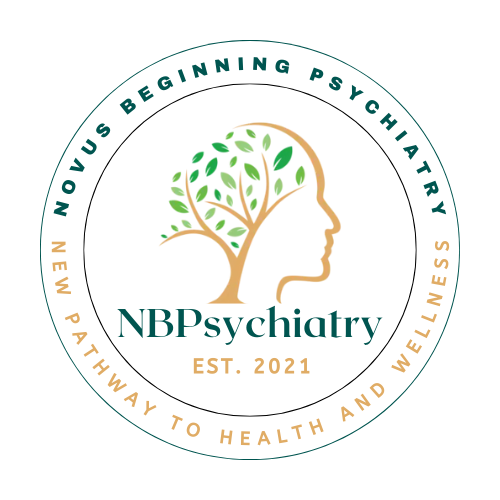What Is Fear?
When someone feels afraid, their body responds in ways that help them escape danger quickly. The five senses, seeing, hearing, tasting, smelling, and touching, automatically process information from the immediate environment. For instance, if someone touches us unexpectedly on the back, we might react by flinching or having a faster heartbeat. These changes are meant to help us respond quickly to danger.
Animals and humans use fear to survive in challenging social and physical environments. Fear helps us recognize and respond to real dangers that could harm us. Without fear, we might not have survived.
The visible signs of fear include:
- Rapid heartbeat
- Shortness of breath
- Sweating
- Trembling or shaking
- Chills
- Dry mouth
- Nausea or vomiting
- Hot or cold flushes
What Is Anxiety?
Anxiety is a feeling of worry, concern, or unease that can be mild or severe. It is a natural response to stress that can affect one’s mental and physical health. There are different types of anxiety, such as Generalized Anxiety Disorder (GAD), Panic Disorder, Social Anxiety Disorder (SAD), Obsessive-Compulsive Disorder (OCD), and Post-Traumatic Stress Disorder (PTSD). Physical and psychological symptoms of anxiety include
- Restlessness
- Fatigue
- Irritability
- Difficulty concentrating
- Muscle tension
- Sleep disturbances
- Feeling nervous or tense
- Having a sense of doom
- Struggle controlling worry
- Avoiding things and places that trigger anxiety
- Feeling insecure
- Increased heart rate
- Inhaling very shallowly and with apprehension
- Sweating
- Dizziness
- Hearing loss
- Inability to focus on tasks at hand
- Abdominal pain or discomfort
- Afraid of rejection or failure
How to Recognize the Difference Between Anxiety and Fear?
The distinction between feeling reasonable fear and experiencing anxiety depends on the line between typical human emotions and extreme disorders. Anxiety arises in response to unknown or ambiguous threats, whereas fear is triggered by perceived danger. Not only do they differ in their triggers, but they also present contrasting psychological experiences. Anxiety often encompasses feelings of uncontrollability and unpredictability, while fear is often associated with losing control.
Humans developed anxiety as a way to protect themselves from potential harm, including physical attacks. Anxiety and terror are connected emotions that signal a possible threat. In other words, they warn that something bad might happen.
Fear is identified as anxiety triggered by a specific stimulus or situation. In contrast, anxiety might begin at any time with no external stimulus. Anxiety is not caused by real danger but by the ongoing worry of being in danger.
If you are anxious for a long time, it can turn into chronic stress. This can be bad for both your mental and physical health. Chronic stress can weaken your immune system, disrupt your sleep, and lead to various health problems. On the other hand, fear is a natural response in some situations, but it can also be harmful. If you are constantly afraid, you may start avoiding things, isolating yourself, and even developing anxiety disorders.
How Can I Process Anxiety and Fear?
When feeling anxious, finding a quiet place to take deep breaths can be helpful. This can give us a sense of stability and help us better manage our emotions. It’s important to do a self-check to see if we’re experiencing anything dangerous or alarming. If “no,” then we know our concern is rational. Here are a few tips:
- Practice deep breathing and relaxation techniques to calm your mind and body.
- Identify and challenge negative thoughts that contribute to anxiety.
- Use mindfulness and grounding techniques to stay focused on the present moment.
- Prioritize good sleep, a balanced diet, regular physical activity, and hydration for better mental well-being.
- Write down your worries and feelings to process and gain insights.
- Consider professional help, such as therapy or medication.



